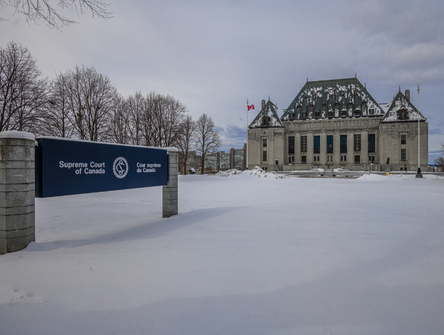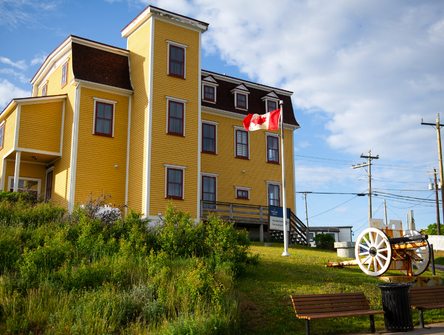Who can practice immigration law?
A proposed resolution calls on the federal government to do more to protecting the public from unscrupulous immigration consultants.

For newcomers to Canada, navigating a complex immigration system requires good advice from educated, trained and experienced advisors. The question facing governments: what is the standard needed to advise those wishing to start new lives in Canada?
Over the past 20 years, successive federal governments have allowed consultants to take on a more significant role in guiding immigrants through the system. The results have been decidedly mixed. There have been two failed attempts to establish an effective self-regulatory body for immigration consultants, followed by a third attempt to regulate them.
The CBA’s Immigration Law Section is now proposing a resolution at the 2020 AGM in February.
“Permitting immigration consultants to practice immigration law has harmed those seeking to come to Canada and damaged the integrity of the Canadian immigration system,” write Barbara J. Caruso and Ravi Jain, the mover and second of the resolution, respectively. Jain chairs the CBA Immigration Law Section and Caruso is a past chair.
The Immigration and Refugee Protection Act allows licenced consultants to practice law independent of a lawyer. Jain and Caruso contend that consultants do not possess the formal legal qualifications needed to represent individuals—many of whom have precarious immigration status—in the complex field of immigration law.
The proposed resolution calls for the federal government to amend the IRPA and the Citizenship Act to define the practice of immigration law. The resolution also stipulates that only members of a law society or notaries in Quebec can practice immigration law. What’s more, immigration consultants should only work on legal matters under the supervision of lawyers.
Finally, the resolution calls for repeal of the College of Immigration and Citizenship Consultants Act, which the federal government passed in 2019. The Act creates a new self-regulatory regime governing immigration and citizenship consultants—defined as those who represent or advise persons in connection with a proceeding or application under the Citizenship Act, or an expression of interest, proceeding or application under the IRPA.
The issue is hardly new: a CBA resolution passed in 1996 calling on the government of the day to amend the Immigration Act to define the practice of immigration law and to permit only members of a provincial or territorial law society to practice it.
Ultimately, the federal government established the first governing body, the Canadian Society of Immigration Consultants, in 2003. It was succeeded by the Immigration Consultants of Canada Regulatory Council in 2011. Subsequently, in addition to investigative reporting about unscrupulous activities of consultants and employment agents, a 2017 report by the House of Commons Standing Committee on Citizenship and Immigration recounted numerous problems. These included:
- Inadequate protections, including consultants making false promises to clients and charging exorbitant fees for their services;
- Insufficient oversight of the regulator;
- Insufficient access to justice for individuals seeking to immigrate;
- So-called “ghost consultants”, unauthorized representatives who advise clients but don’t give their names or identifying information.
For more on this topic and to share your views on the proposed resolution, please visit our discussion board.


